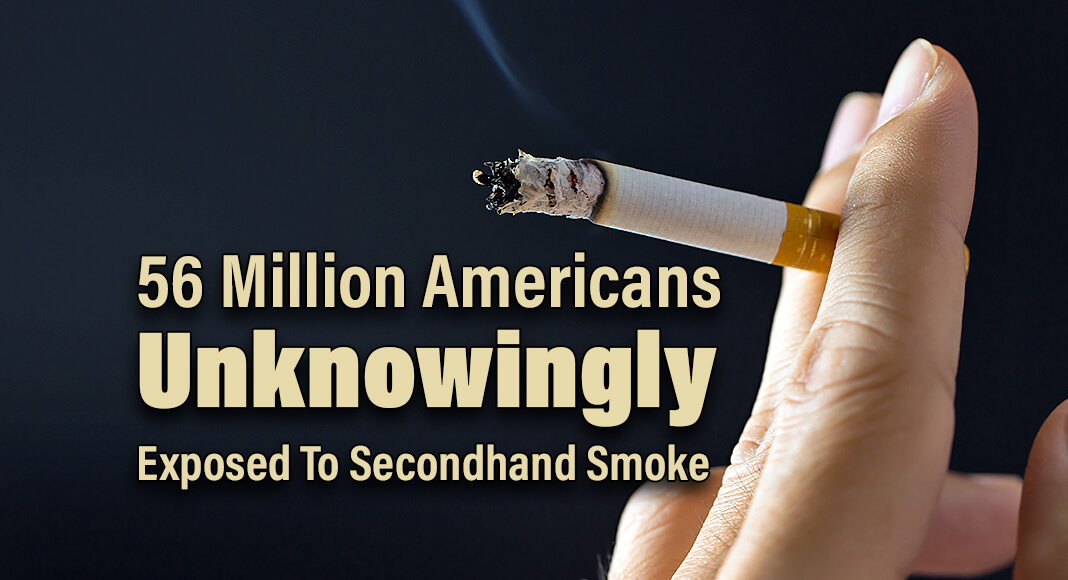
Mega Doctor News
Newswise — More than half of American adults have been recently exposed to secondhand tobacco smoke – and the vast majority of them were unaware, according to new research.
Nationwide, the new findings suggest that 56 million Americans are unknowingly and routinely exposed to toxic secondhand smoke.
“There is no safe level of secondhand smoke exposure, and long term exposure can increase the risk of many chronic conditions, such as coronary heart disease, respiratory disease, and cancers,” said Ruixuan (Roxanne) Wang, a doctoral candidate in the College of Public Health and Health Professions at the University of Florida and the lead author of the new study.
“We want people to be aware of their exposure so they can take protective actions,” Wang said.
The UF Health researchers analyzed a nationally representative survey of more than 13,000 U.S. adults and detected the byproduct of nicotine in the blood of 51% of people. However, less than half of the people with evidence of secondhand smoke exposure reported being exposed to smoke, leaving a large and previously unreported gap in awareness about secondhand smoke.
People of all demographics significantly underreported their exposure to smoke, but Black individuals had the highest rates of both exposure and underreporting.
“We think this report will inform targeted interventions for at-risk groups,” Wang said.
Wang collaborated with Jennifer LeLaurin, Christopher Cogle, and others in the UF College of Medicine and College of Public Health and Health Professions to analyze the data, which came from the U.S. National Health and Examination Survey conducted by the Centers for Disease Control and Prevention. The survey covered the years 2013 to 2020.
The authors looked for the presence of cotinine in respondents’ blood, which indicates exposure to nicotine in the last few days and is the gold standard for determining exposure to tobacco products.
It’s unclear why the level of underreported exposure was so high. Cotinine measurements are very sensitive and can detect low levels of smoke exposure, but no level is considered safe.
“It could be the case that for low-level exposure, maybe you don’t notice it. You’re in a public setting, and maybe you’re not even aware someone is using tobacco around you. Maybe it’s so minor you forgot,” said LeLaurin, the senior author of the study and a professor of health outcomes and biomedical informatics at UF. “There’s also the possibility that some of the respondents were aware of some secondhand smoke exposure but chose not to report it due to the stigma.”
The study was supported by the Florida Health Policy Leadership Academy, led by Cogle, at UF’s Bob Graham Center for Public Service and partially funded by the Florida Department of Health. The researchers published their findings Aug. 30 in the journal Nicotine and Tobacco Research.









